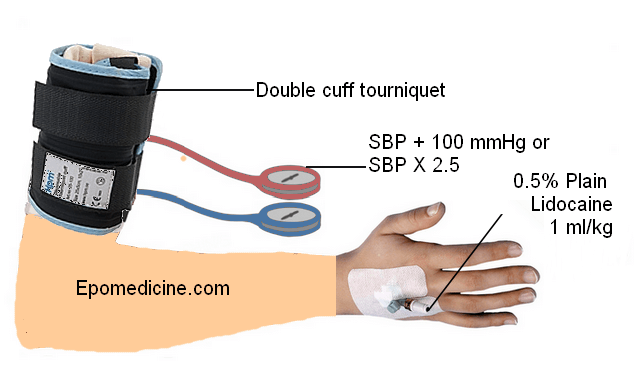Named after: German Surgeon August Bier (first introduced the block in 1908) Definition: It is a peripheral intravenous local anesthetic block (IVRA; Intravenous Regional Anesthesia) of the upper limb using a pneumatic cuff technique Mechanism of action: Local anesthesia diffuses into the small veins surrounding the nerves and then into…
Author: Epomedicine
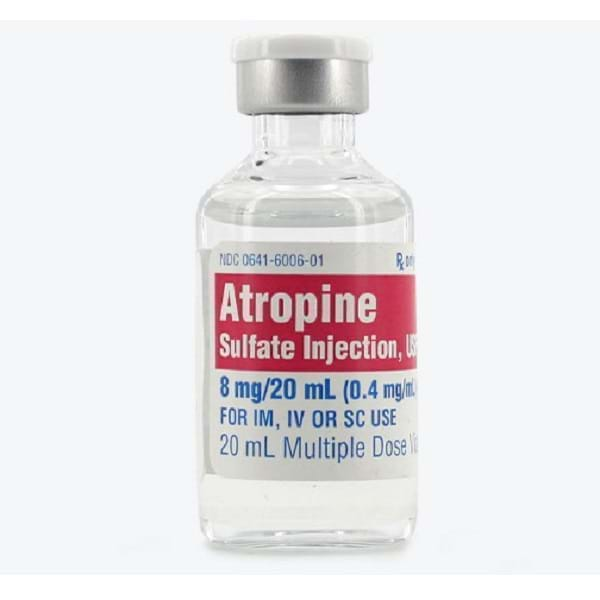
Atropine Induced Paradoxical Bradycardia
Atropine induced paradoxical bradycardia is the sinus bradyarrhythmia following low-dose atropine resulting from the paradoxical slowing in the sinoatrial (SA) node discharge rate. Mechanism of Atropine Induced Paradoxical Bradycardia Central vagotonic effect (blocking M1 acetylcholine receptors in parasympathetic ganglion controlling SA node) of atropine which, at higher doses, is masked…

Tips on living with Diabetes
Being newly diagnosed with diabetes or looking for a new way to live with your diabetes can be difficult. Fortunately, there are plenty of essential diabetes management tips to help you take a step back and assess your methods. Knowledge is one of the most effective ways to deal with…

The 4 Essential Equipment Every Pharmacy Needs
There are a lot of things that go into stocking a pharmacy. It takes some very skilled pharmacists to make sure everything is in its place. It takes a lot of equipment to make sure that the prescriptions are taken care of, that the personnel are safe, and that the…

5 Beneficial Supplements That Can Boost Your Overall Health
In today’s chaotic day and age where unhealthy conveniences are everywhere, and healthy options seem few and far between, you might find that you need a little assistance to get your daily nutrients. Supplements are an excellent choice for those with deficiencies and some health ailments. However, they are also…
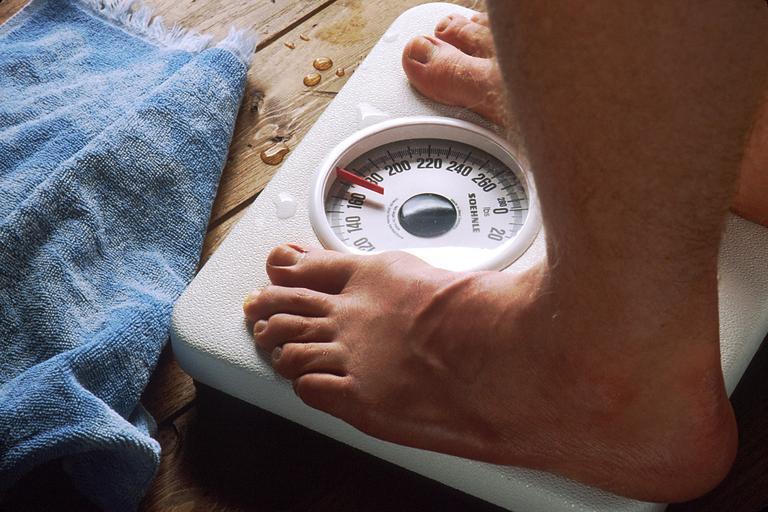
Diabetic? Understanding Bariatric Surgery To Manage Diabetes
Treating diabetes is a constant struggle for many people. Between dieting and keeping insulin cool, it takes a lot of discipline. Something that prevents a lot of people from managing their diabetes is their weight. It’s a vicious cycle that being obese makes diabetes more serious and at the same…
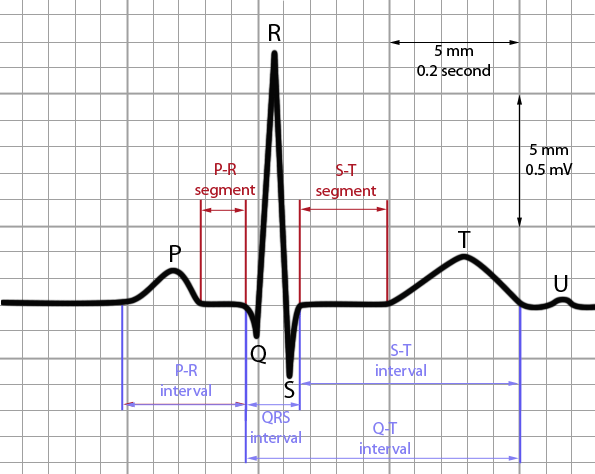
ECG Guide for Surgeons
There is an old saying that two surgeons and an ECG form a double-blind-study. Then, there’s a protocol for surgeons intended for humor: All spikes up: Operate All spikes down: Call Medics All spikes missing: Recently: Call Anesthetist A long time ago: Complete death certificate So, let’s think of heart…
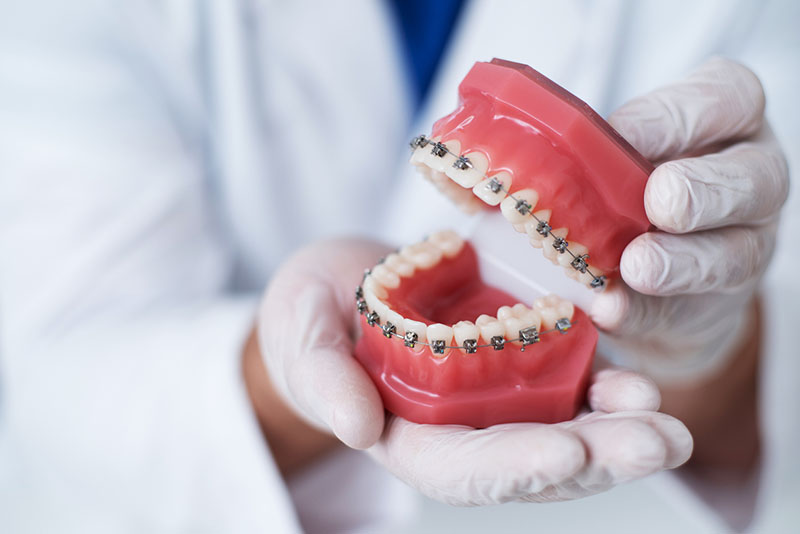
Choosing a new dentist: 6 factors you need to consider
It can be easy to forget about the health of your teeth until something goes wrong and you’re in excruciating pain. The easiest way to avoid this is brushing twice a day and having regular checkups with your dentist. Therefore, it’s vital to be enrolled with a dentist that you…
